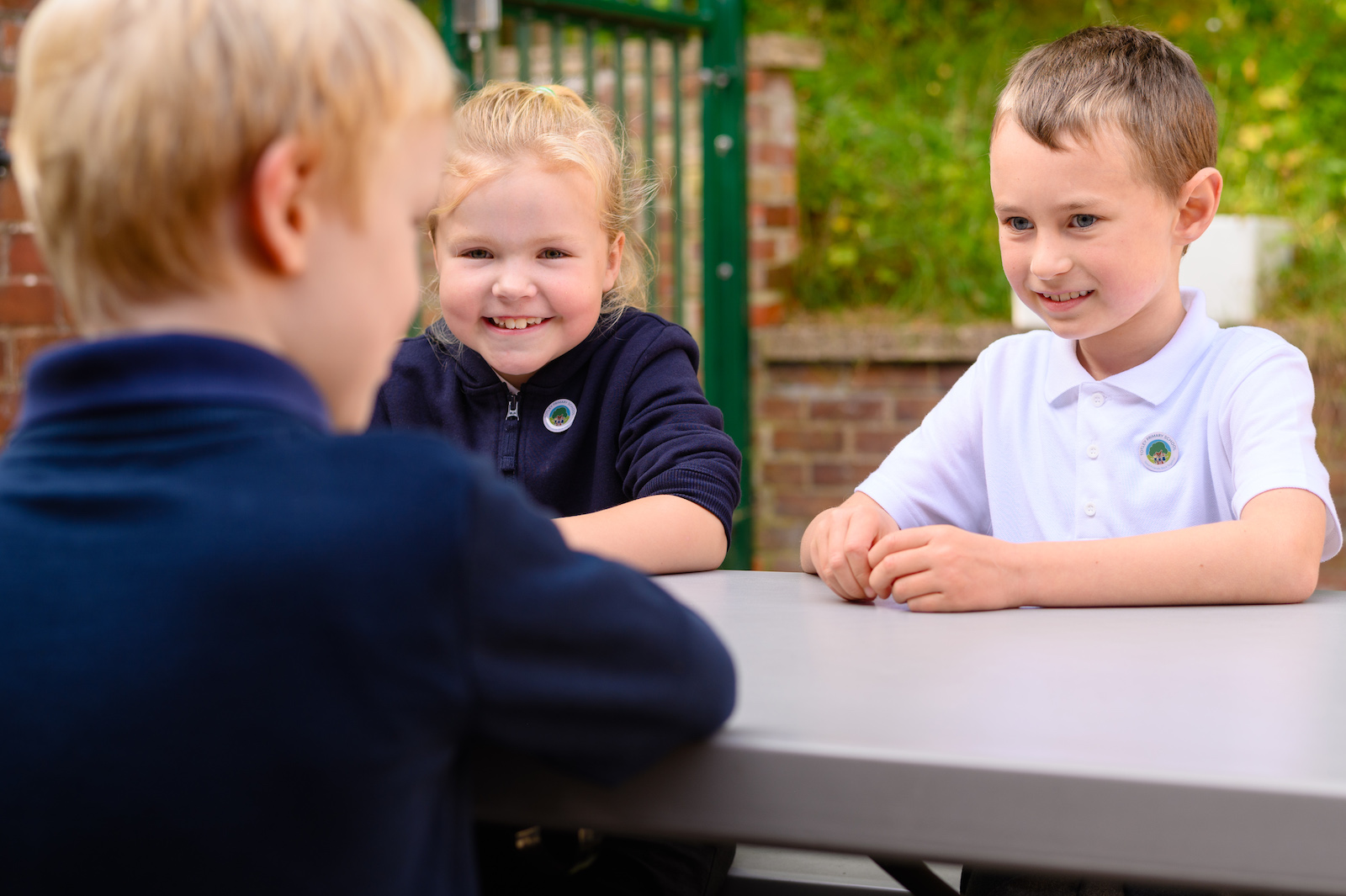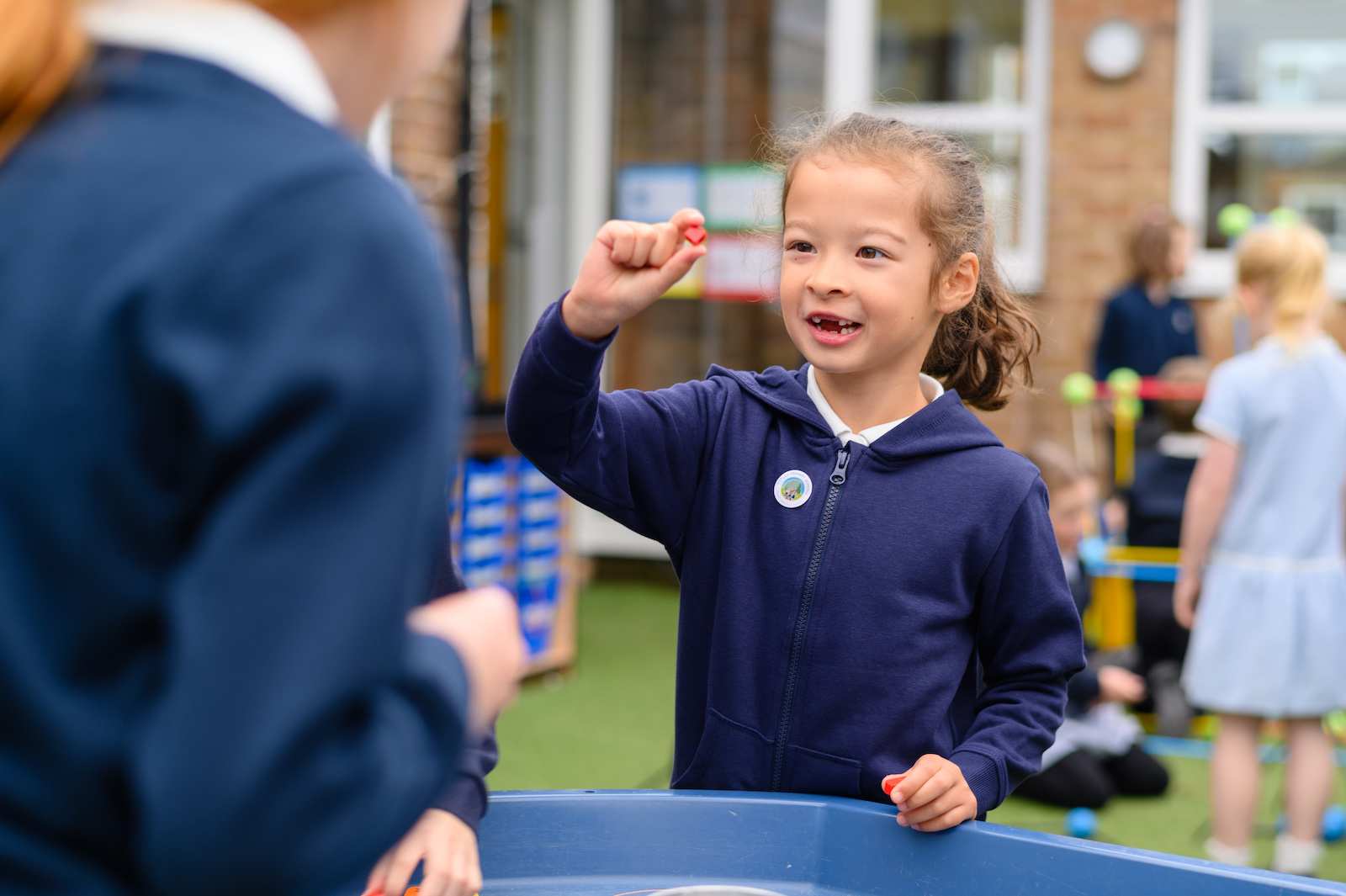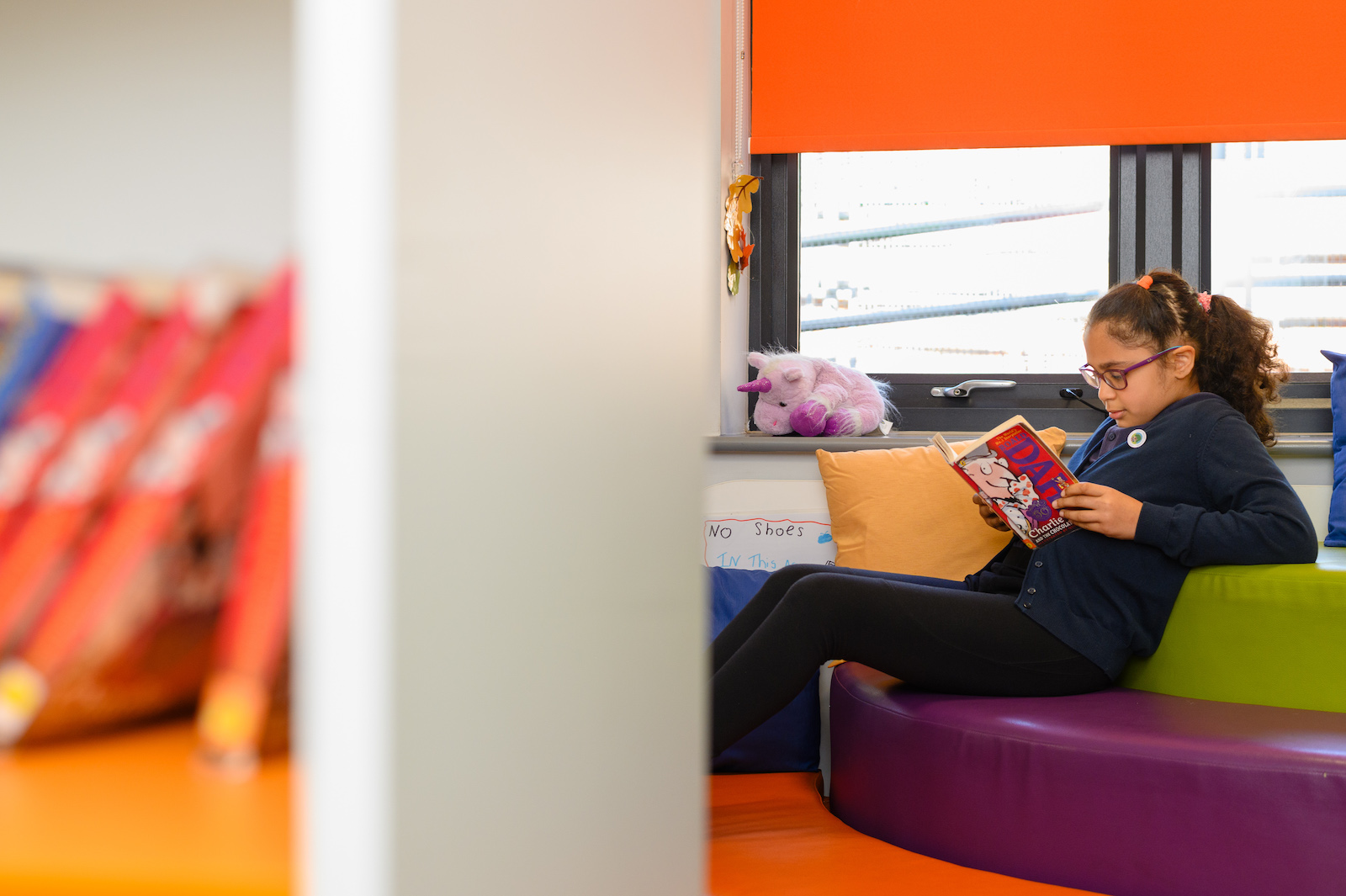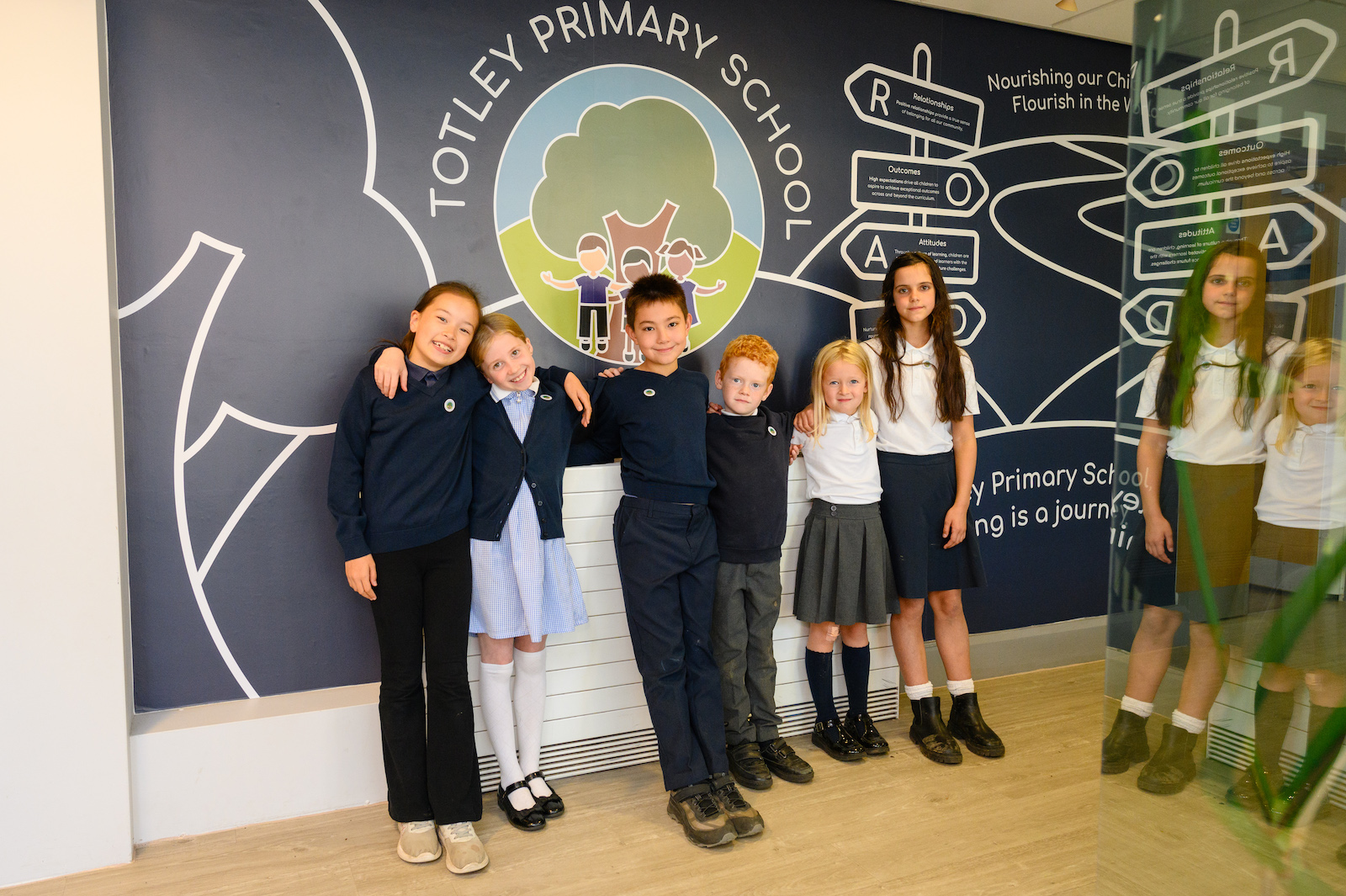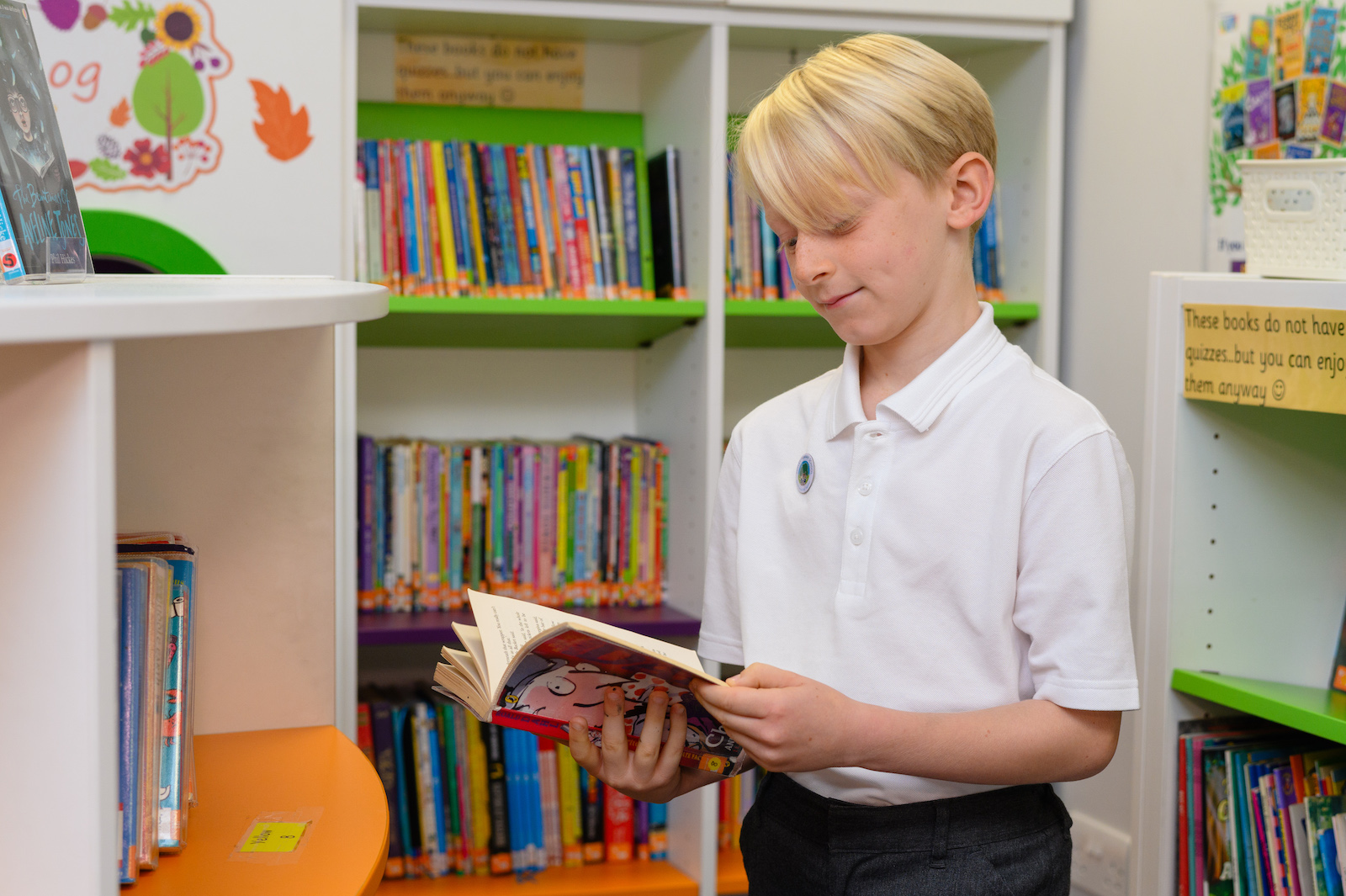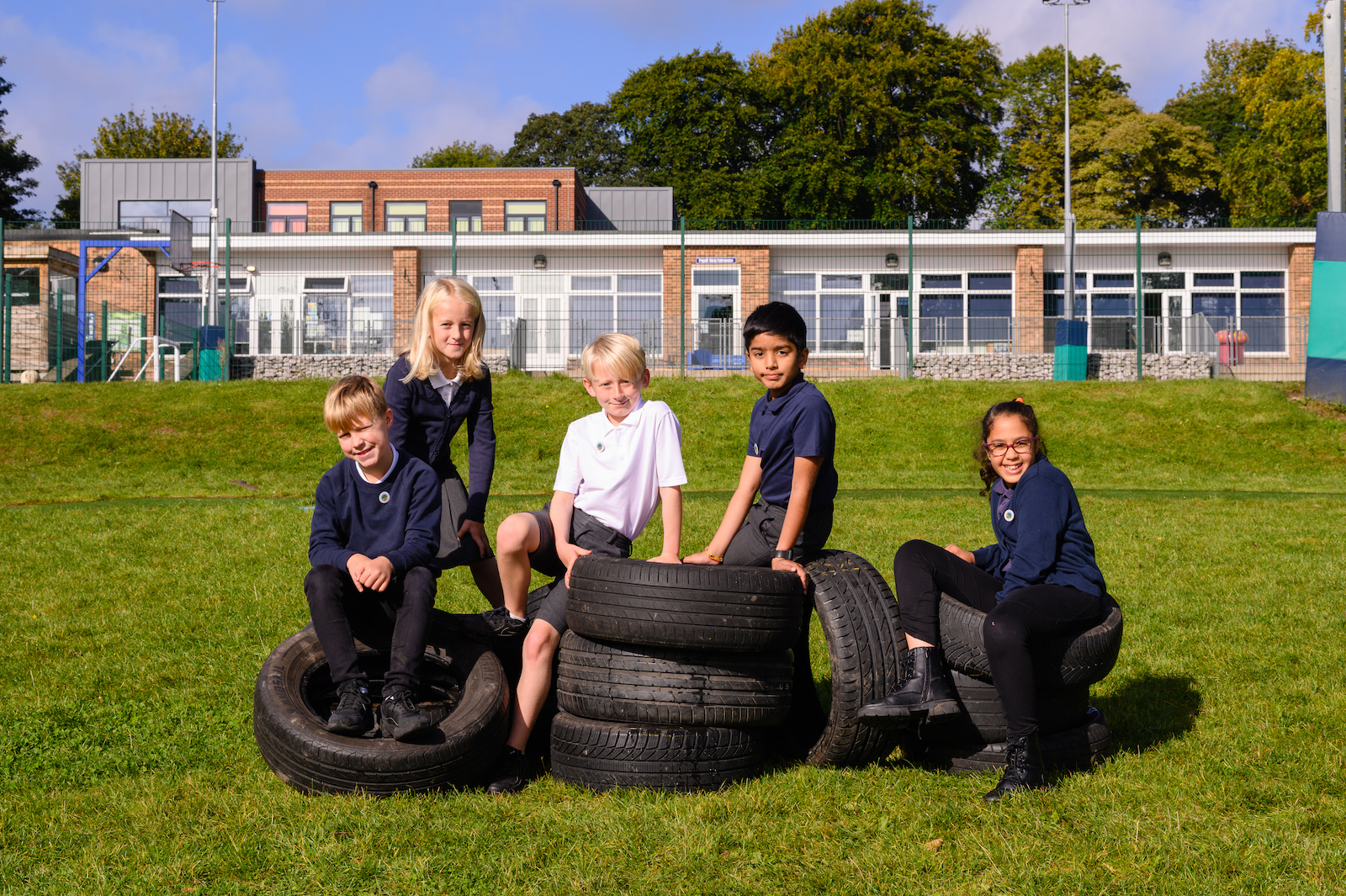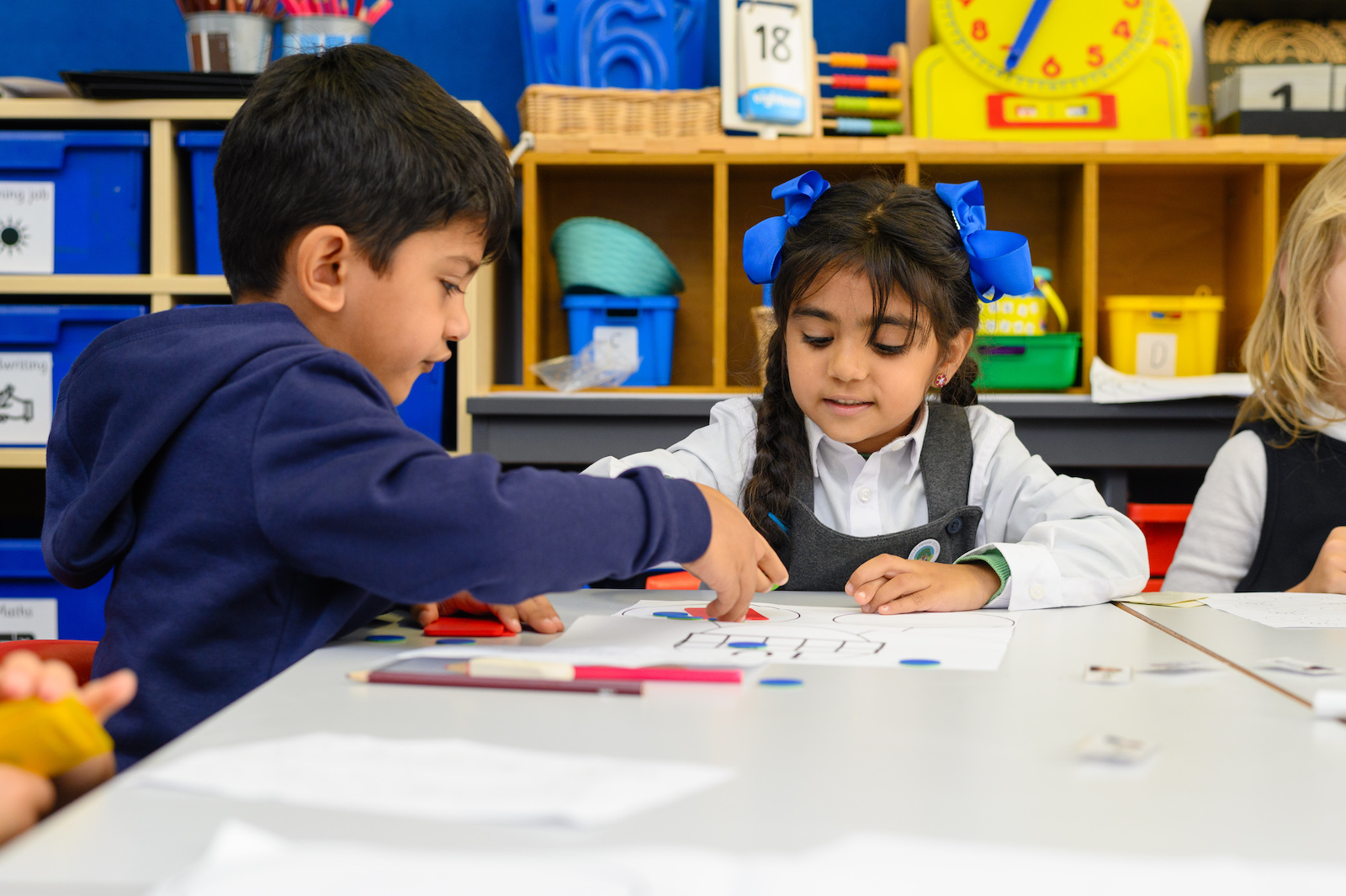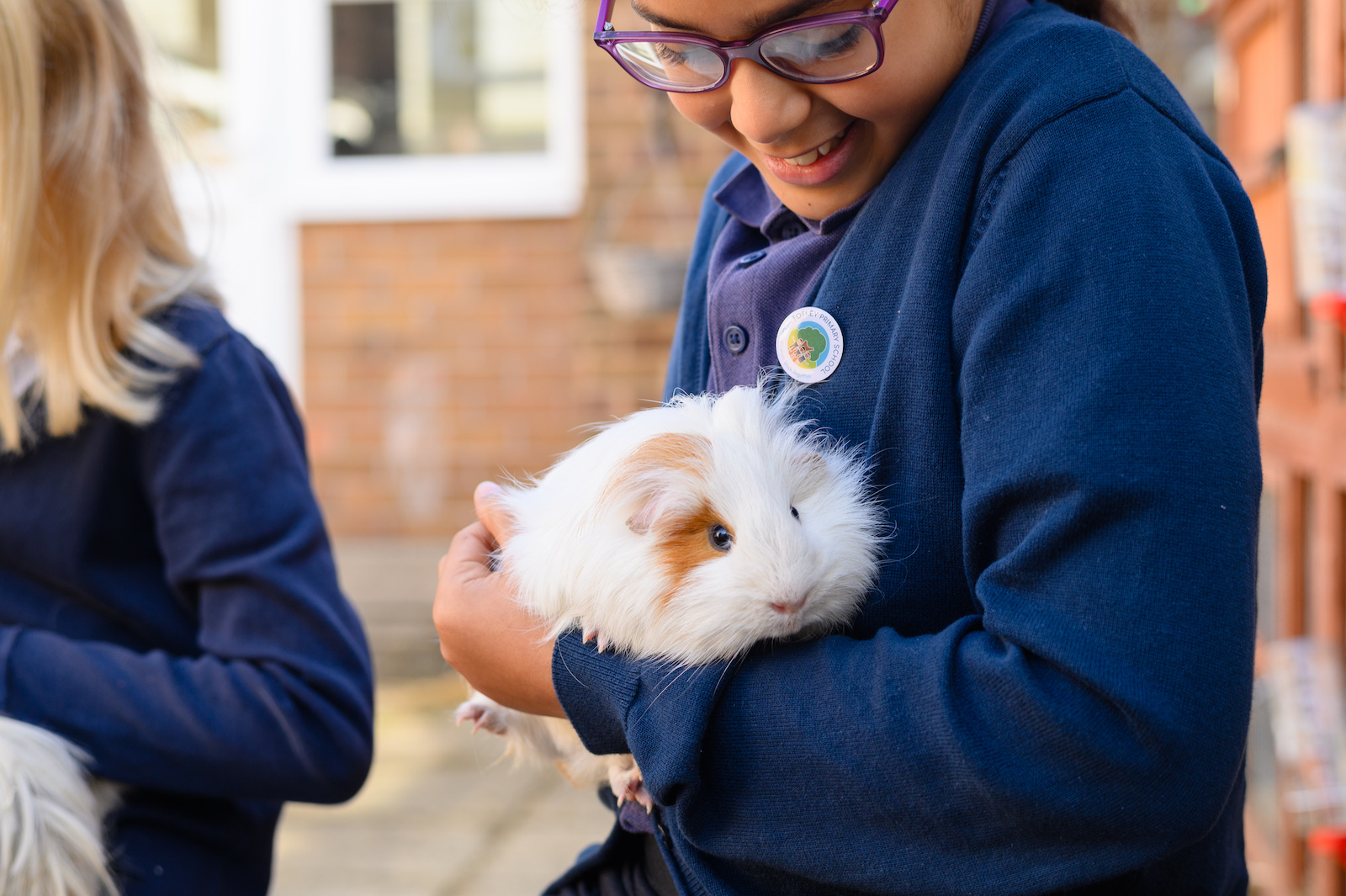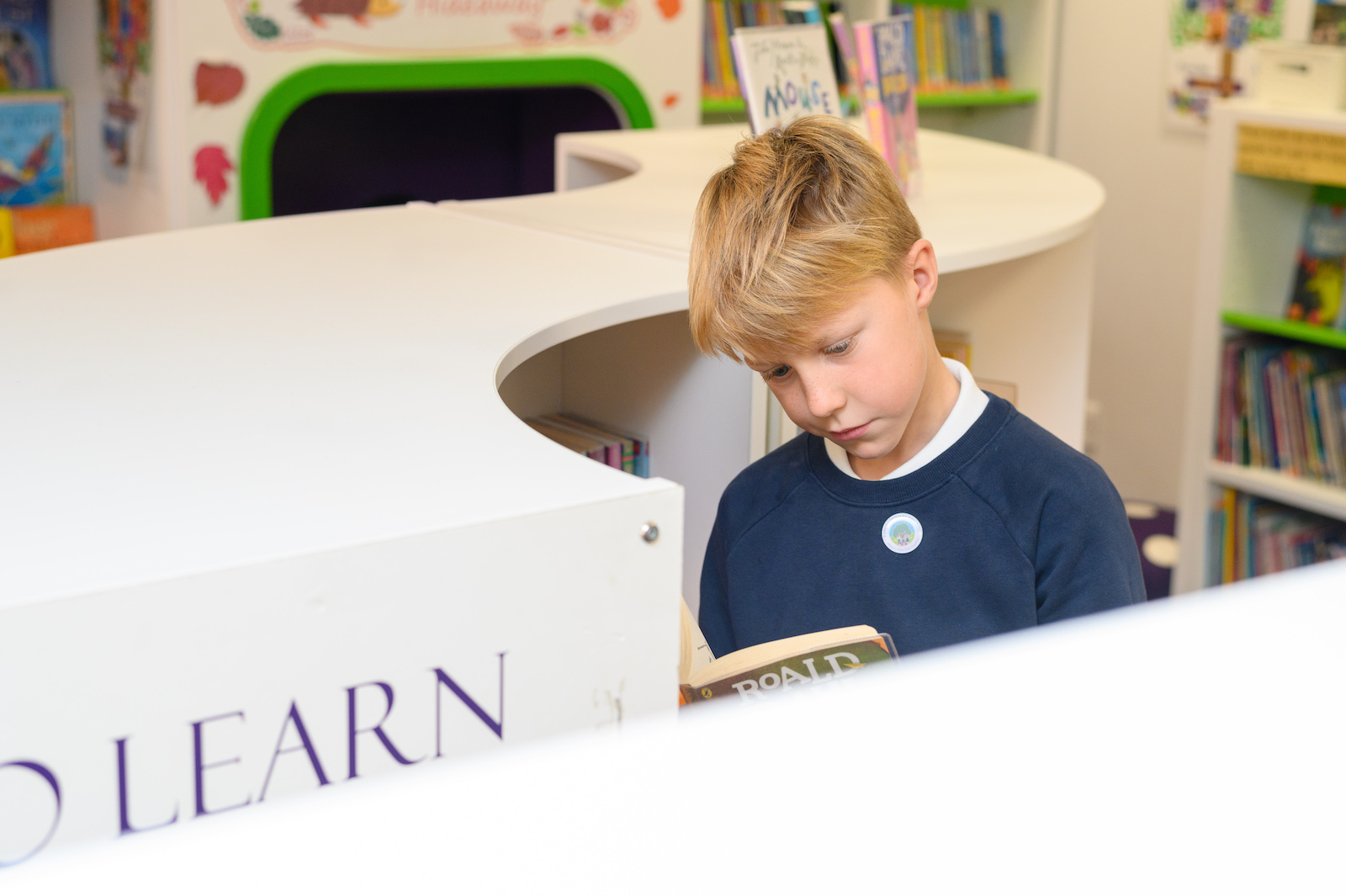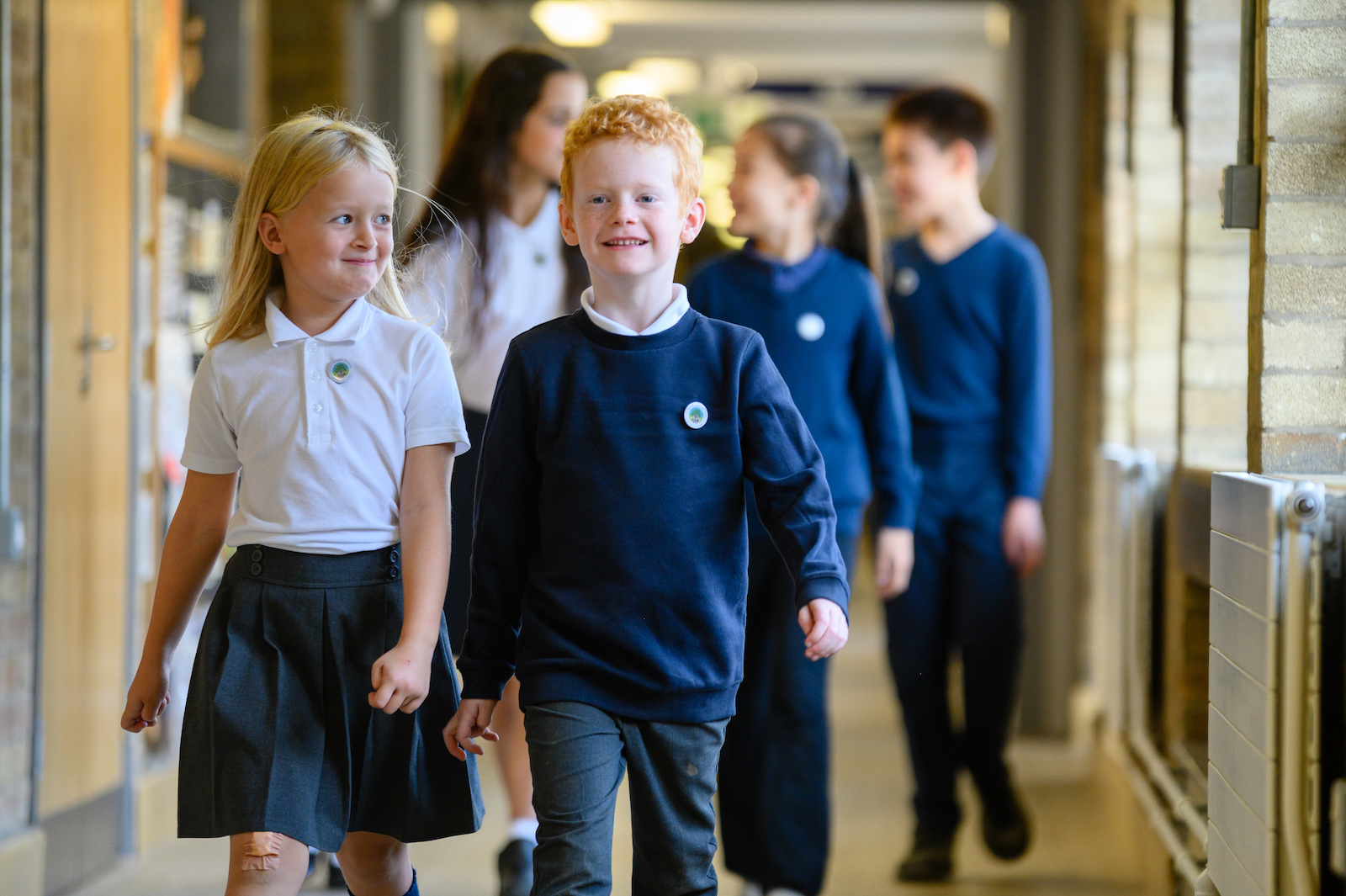Reading
Strategic Intent
To develop a curriculum which achieves the following:
- Instils a love of reading.
- Uses reading as vehicle for the whole curriculum.
- Promotes the love of reading through story time, shared reading, reading-rich learning environments and the enjoyment of developing knowledge through texts.
- Ensures that every child (including those who are vulnerable, disadvantaged and those with SEND) is challenged and leaves as a confident, able (in fluency and comprehension) and passionate reader.
- Places the highest emphasis on reading across the curriculum from the very beginning of their experience at school.
- Sequences learning so that it progressively teaches children the word reading, underpinned by phonics, and comprehension skills required to become fluent readers.
- Exposes children to an abundance of varied texts which have different purposes.
Implementation
Reading Content and Sequence
- The National Curriculum forms the basis of teaching and learning and dictates the curriculum content for Reading.
- The ‘Reading Content and Sequence’ document is used as support for planning to ensure that there is progression in the development of key skills.
- Systematic Synthetic Phonics is taught daily in EYFS and KS1, and in KS2 when appropriate through the scheme ‘Read, Write Inc’.
- Meta-mates are used to plan the teaching of reading skills. These enable children to have a clear understanding of the skills that they are using and how to interpret questions/activities.
- Each week, a focus Meta-mate skill is taught. In the summer term of Y2, and KS2, children progress through the stages of learning: acquire/refine, practise/apply and extend/deepen.
- Interleaved learning is planned for to enable the opportunity for children to revisit and practise skills.
- Children are exposed to a wide variety of texts to develop their knowledge within a range of areas and thus providing cultural capital.
- Vocabulary is a focus and lessons are planned to provide maximum opportunities for children to analyse the use of vocabulary and develop their knowledge of tier 1, 2 and 3 words.
Reading Teaching and Learning, Assessment and Feedback
- Reading is taught through the whole curriculum. In all subjects, children use reading as a means to gain knowledge, and this begins from the earliest stages (in EYFS).
- A high emphasis is placed on early reading and children are given many opportunities for independent, shared and modelled reading every week.
- Word reading and comprehension are taught as separate skills throughout school, as stipulated in the National Curriculum. Word reading is taught through phonics, word morphology, word etymology and exploring vocabulary. Comprehension skills are through our ‘Meta-mates’ approach. Meta-mates are used as a tool for children to understand the skills that they are using within reading lessons. There is a Meta-mate focus every week.
- Shared reading occurs in every classroom through daily story time. Story-time books are selected to ensure that they broaden children’s experiences of texts. Each year group has a list of texts which they will read to the children. These are available in the book corner of their own and subsequent classes.
- Children are given the opportunity to read a book of their choice independently for pleasure. Children are guided to select books that are appropriate for their independent reading level. They are encouraged to take these books home to read independently, as stipulated in the homework policy.
- Read, Write Inc sessions are designed to allow FS2 and KS1 children to develop their knowledge and application of phonics through daily teaching and retrieval practice.
- Where gaps in children’s reading are identified, tailored additional provision is planned for to support children to close these gaps. Same-day catch up and 1:1 tutoring in RWI is used to support children.
- Feedback is given in line with the Feedback Policy. Children are given live feedback through yippee yellow and VF. Children are then given the opportunity to respond to this at the same point in time.
- Summative and formative assessment is used for gap analysis. Additional provision is planned for those children who require support.
Impact
- The majority of children leave with a love of reading. Pupil voice suggests that the books that they are exposed to at Totley encourages them to enjoy reading beyond school.
- Every child leaves Totley Primary as a fluent reader and with the knowledge and skills required to access the high levels of texts that they will continue to be exposed to during the next stage in their education.
- Children are able to read to an age-appropriate level and fluency. Children can, therefore, access all subjects across the curriculum.
- Children make very good progress through KS2 and children’s average progress is well above national.
- Children leave Totley Primary having been exposed to a wide range of texts which have developed their knowledge in a range of areas; therefore, providing cultural capital.
- Child voice states that the use of Meta-mates enables them to break down the learning and understand how to apply skills when reading.
- Teachers have a deeper understanding of how to teach the skills of reading through the use of Meta-mates.

